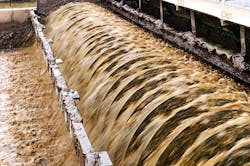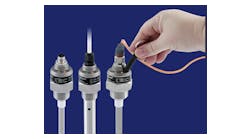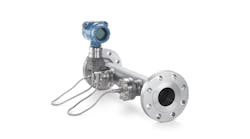Increasing water recycling and reuse, processes that typically require more aggressive chemical treatment than fresh supply water or wastewater for disposal, will drive demand for water treatment chemicals in the U.S. over the next few years.
Greater reliance on membranes and other water treatment equipment types that work best when the water has been pretreated with chemicals will further support demand, according to Water Treatment Chemicals, a new study from The Freedonia Group, Inc. Additionally, rising water quality standards and environmental concerns will prompt the use of more expensive specialty chemicals that are less hazardous and can be used in lower doses.
Freedonia forecasts the demand for water treatment chemicals in the U.S. to rise 3.2 percent per year to $7.5 billion in 2019, with volume reaching 15.5 billion pounds.
READ ALSO: CU-Boulder Engineers Develop New Technology for Cheaper Oil & Gas Wastewater Treatment
Among the major markets for water treatment chemicals, the municipal market will exhibit steady gains, on pace with the increases seen over the previous decade as municipal water usage tends to be relatively stable.
Gains in demand for corrosion and scale inhibitors, foam control agents, coagulants and flocculants, and pH control agents are expected to sustain overall growth in demand for water treatment chemicals. These chemicals are all important for the maintenance of water treatment equipment and other types of equipment that handle water.
Gains in biocide demand will continue to be slower than gains in other product categories. In addition to the impact of the rising use of disinfection equipment, growth will also be restrained by changing regulations and public opinion of disinfectants. In the municipal market, disinfection byproduct regulations have led to a decline in biocide use, although some biocides will continue to be necessary to meet residual disinfection requirements. In other markets, increasing standards for process water will also serve to restrain biocide demand, as biocides may be considered contaminants.


